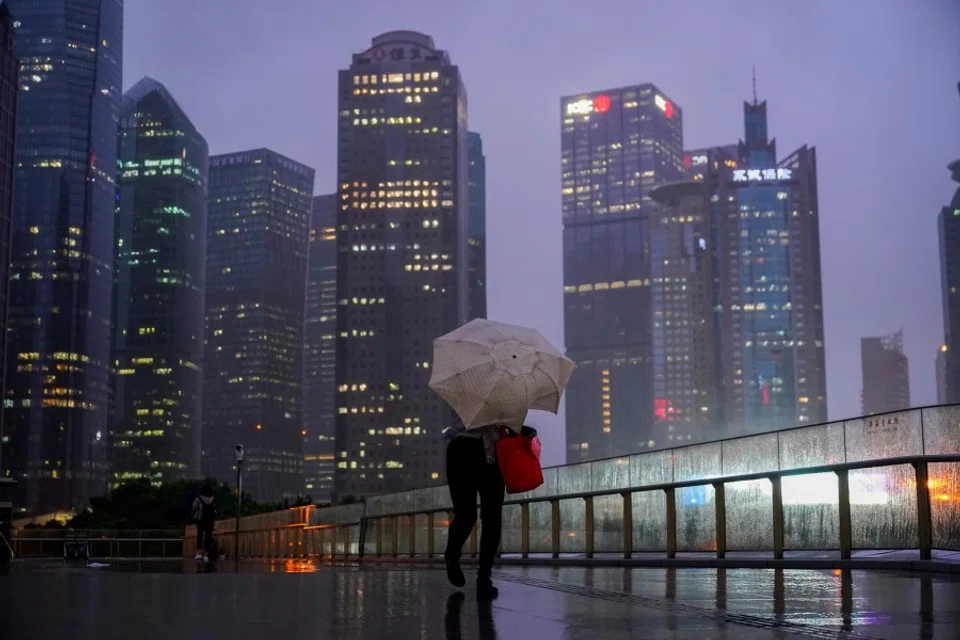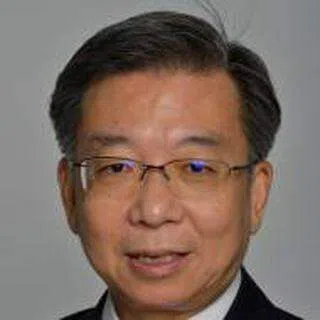Why China needs to set its own house in order with a regulatory spurt
China has introduced a wave of strong regulatory moves on various industries over the past months, alarming international observers and causing jitters in the financial market. However, says academic Gu Qingyang, these moves could be necessary and might just set China in the right direction to face future challenges better.

Over the past few months, there has been a wave of regulatory moves in China, with over 50 new regulations relating to monopolistic activities, internet security, tutoring, and popular culture rolled out at an unprecedented degree, scope and speed.
These moves have sparked anxiety among market observers, while investors are increasingly adopting a wait-and-see approach. China's stock markets and China concept stocks are not doing well.
Why is China coming up with so many heavy moves in such a short time to regulate the market and social order? Perhaps we can take a look at China's domestic pressures and international situation.
Previously, China's economy has advanced its domestic industrialisation mainly through exports, but such a model is now difficult to sustain. As overseas demand weakens, there will be an oversupply of domestic industrial products; and when the focus is on satisfying overseas demand, it is easy to overlook the integration and improvement of the domestic economy.
Although China has a large industrial chain framework, its high-end key sectors remain highly dependent on developed countries. Under the US threat of supply chain and technology decoupling, the fragility of China's economy is showing.
China's strategy is to respond to what it cannot control - the impact from overseas - with what it can control, which is its domestic development.

Regulatory reforms support 'dual circulation'
China's strategy is to build a robust domestic economic circulation system and use this as a base to participate in the bigger global economic circulation. Besides improving the quality of domestic development, this could also help hold the line against US containment. And the new concept of "dual circulation" is a significant shift in China's development strategy, which will drastically change its development model and how it will participate in the world economy.
However, for China to realise this new development model, the key challenge is in comprehensive institution-building, particularly instituting the rule of law and a healthy market system, as well as improving its national governance framework and capabilities. China's development in the past lacked a high-quality system and economic operating environment, which means that if China wants to meet new challenges, the only way is to speed up building its domestic institutions.
Looking at the external challenges that China is currently facing, we get a better idea of the urgency for China's institution-building. The US's long-term efforts to contain China is the biggest uncertainty for China's future development. China cannot control changes in the external environment, but its domestic development is basically within its control, and China's strategy is to respond to what it cannot control - the impact from overseas - with what it can control, which is its domestic development.

Currently, preoccupied with political divisions and the coronavirus, the US government has to focus on domestic issues, and in the short term will not be able to hit China harder. But once the situation stabilises in the US, it is expected to ramp up its containment of China. Meanwhile, China is using this window to fortify itself and strengthen the foundations for its own domestic development to handle potential harder moves by the US. The urgency shown by China in its tough moves to regulate various sectors reflects its strategic preparations.
China's domestic challenges include social issues. In its early days, China had a two-step strategy to "let some people get rich first", and then these people would bring everyone towards "common prosperity". Over 40 years, some people have indeed gotten rich first, but this has also led to a huge rich-poor gap. The over-commercialisation of healthcare, education, housing, and other sectors has pushed up the cost of living, posing a new challenge for the Chinese.
Severe social inequality obstructs vertical mobility; in particular, young people from low-income families generally feel powerless and hopeless, and have no choice but to "lie flat" (躺平). This has seriously impacted domestic spending and economic circulation, and shaken China's foundation of stability that has lasted for hundreds and thousands of years, while the rising cost of living has ultimately led to high manpower costs and made sustainable economic growth difficult.
And so, China's regulatory moves are also targeted at the social issues that people are grumbling about. Recently, the Chinese government has proposed building a scheme for the "third distribution" of wealth which is intended to ease social conflict. In line with this, China's regulatory agencies have started to restrict over-commercialisation in the education and healthcare sectors, to ease pressure on the people while bringing scarce resources into the advanced manufacturing sector and the related tech R&D sector.
Those familiar with China's progress would know China's system and institutions are far from perfect, and timely major reforms are truly needed.

Refocusing capital on manufacturing
Over the past several years, China's development has tended to follow the US in shifting from the real economy to the financial economy. However, with the US trying to decouple from China in terms of supply chain and technology, China is seeing the importance of the real economy. Amid the global pandemic, China has fully leveraged the advantages afforded by its huge manufacturing industry, and tasted the fruits of developing the sector. China's industrial development tends toward the German model in focusing on industrial sector development.
With this awareness, China has ramped up regulations on sectors such as housing, healthcare, and culture, to limit the over-extension of capital in these sectors and bring the focus of finance back to the real economy.
Internationally, there have been numerous negative assessments about China's recent new regulatory rules, but from the perspective of China's development, these measures might be necessary. Those familiar with China's progress would know China's system and institutions are far from perfect, and timely major reforms are truly needed.
China's economic policy direction has not changed. But what is different is that China will be more conscious of rules and order. The recent regulatory measures should be seen as part of China's long-term system building. The intention is not to suppress the power of the market, but to allow the market to perform a greater function in a climate of fair competition. Only when there is the rule of law, commercialisation, and equal opportunities, can there be stimulation of innovation and productivity.
Related: Why China is embarking on the journey of 'common prosperity' | China's internet giants are shelling out money for 'common prosperity'. But is that enough? | 'Winner takes all' no more: China is ready to build the socialist regulatory state | Building a moral and prosperous Chinese society: Prelude to a social revolution in China? | Blindspots in the financial regulation of China's tech 'platform companies' | Destroying independent thinkers: Why China's tutoring industry needs strong intervention | Can strict regulations save Chinese youths from gaming addiction?



![[Photos] Fact versus fiction: The portrayal of WWII anti-Japanese martyrs in Taiwan](https://cassette.sphdigital.com.sg/image/thinkchina/3494f8bd481870f7c65b881fd21a3fd733f573f23232376e39c532a2c7593cbc)

